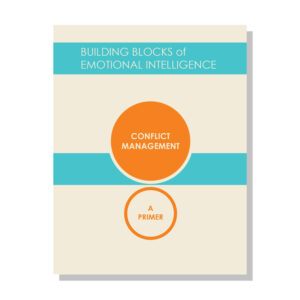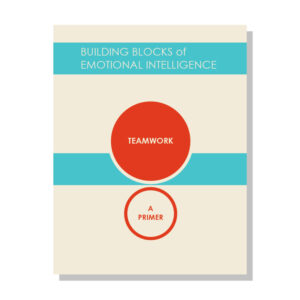

Mindfulness is Not a Panacea
July 8, 2015 Time to read: 3 min.by Elad Levinson, source: Linkedin.com

Dr. David Brendel observed the following scenario with a client in his Harvard Business Review Article, “There Are Risks to Mindfulness at Work.”
“Some people use mindfulness strategies to avoid critical thinking tasks. I’ve worked with clients who, instead of rationally thinking through a career challenge or ethical dilemma, prefer to disconnect from their challenges and retreat into a meditative mindset. Some problems require more thinking, not less.”
He went on to illustrate how the hype of mindfulness as a “cure all” can actually do more harm than good. My takeaway from his thoughtful article: Mindfulness is not a panacea.
As a long-time mindfulness practitioner and organizational development professional, I like to set expectations with my coaching clients. Don’t be naïve and think that mindfulness alone will make you an effective leader, reduce stress, enhance your focus – or help you avoid difficult situations. And don’t expect an immediate fix should you decide to experiment with any techniques. It takes practice.
But when practiced properly, mindfulness is an effective way to develop self-awareness and self-regulation, both of which can help you in any number of tough decision-making situations.
Mindfulness Helps You Cope with Reality, Not Shield You From It
Dr. Brendel’s client experience reminded me of a scenario from my HR days.
I met Sam, a 30-year-old marketing leader, during my daylong mindfulness training session. In reviewing his class notes in a follow-up coaching session, he stated that: “I know there are battles that I should fight on behalf of our product line, but I just don’t feel strong enough to take them on.”
Like Sam and Dr. Brendel’s client, we all look for ways to avoid conflict and discomfort. But problems get worse if you hide or distract yourself in hopes they just disappear. Sam needed a plan, process and skills to gain the confidence to start “crucial conversations.”

Here’s the plan that I offered Sam. It included elements of mindfulness practices we covered in the course. I wanted him to see that these methods have useful real-life applications.
Give it a try.
- When you need to have a difficult conversation, be strategic instead of reactive. Take a few deep breaths. Think about the time and place to have the discussion. And do so only when you’re ready. This will prevent you from barging into an office ready for war. You may regret what you say and make things worse.
- Along the same lines, make a plan when you’re not frustrated. It’s difficult to be thoughtful when you’re upset. Taking a few minutes to quietly focus on talking points can make a world of a difference.
- Put yourself in their shoes. Consider persuasive, compelling facts that give those you need influence a basis for supporting your interests. Know what is important to them and incorporate it into your goals.
- Notice your own mental state before having the conversation. Are you tense, angry, scared? Self-awareness offers the opportunity for you to pause and shift to a more neutral mental state.
- Discuss the issue in a non-judgmental way. State facts. Avoid accusations. Give people the benefit of the doubt. Compassion can be used to mitigate tension.
- Explain how the issue impacts your work and intentions. State your case through logic, not emotion.
- Don’t be too proud. Ask for their help to achieve a mutually beneficial solution.
- Provide clarity. Summarize any agreed upon next steps. Send an email to confirm your understanding of the agreements/actions to be taken by who/by when.
Elad Levinson, head lecturer for the Praxis You course Thriving on Change, has over 45 years of experience as a leadership coach and organizational consultant. He’s currently the Senior Organization Effectiveness Consultant at 4128Associates. Connect with Elad on Linkedin, Twitter: @CoachElad, or email him at elevinson@4128associates.com. You can also download his free ebook, Learn to Dance on Jello.
You’re invited to preview Elad’s online course, Thriving on Change: The Evolving Leader’s Toolkit for free here. Just click “Try the FREE Introductory Module.”









